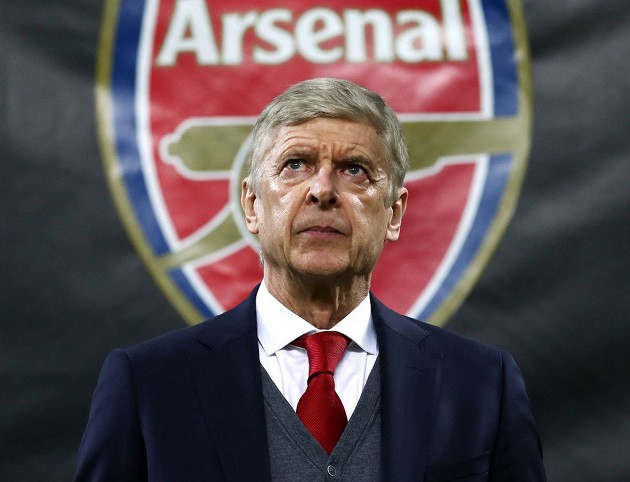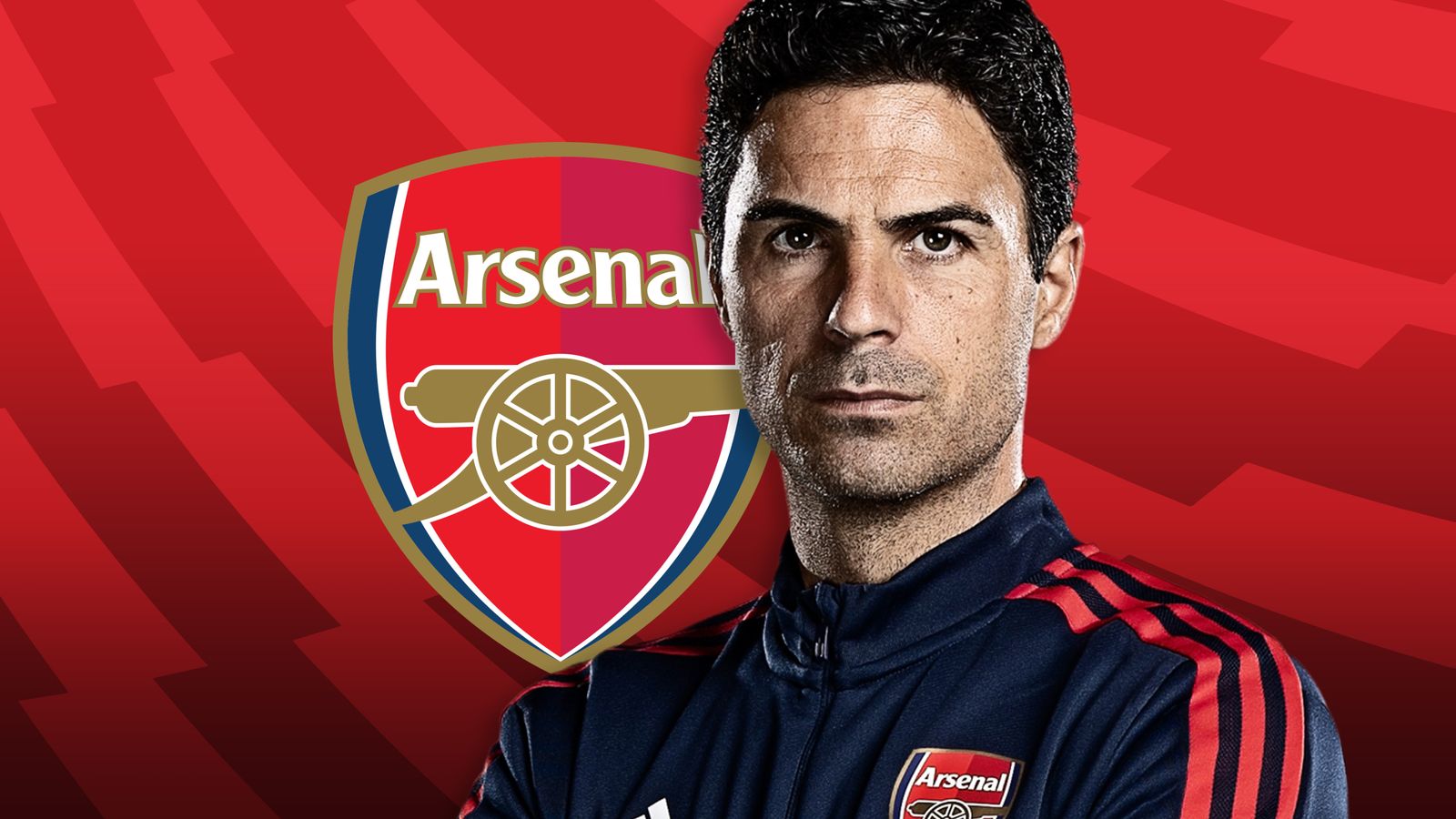Arsenal Football Club, steeped in a rich history, has witnessed the stewardship of several legendary managers, each leaving an indelible mark on the club’s identity. As of now, Mikel Arteta, the current head coach, boasts a winning percentage that surpasses even the esteemed Arsène Wenger, signaling a new era of success at the Emirates Stadium.

**1. Arsène Wenger’s Legacy:**

Arsène Wenger, the iconic French manager, served as Arsenal’s manager for an unprecedented 22 years from 1996 to 2018. His tenure saw Arsenal achieve significant success, including three Premier League titles and seven FA Cups. Wenger’s revolutionary approach to the game and commitment to attractive, attacking football earned him a place in Arsenal’s history books.
**2. Transition to Mikel Arteta:**

Mikel Arteta, a former Arsenal captain, took over the managerial reins from Unai Emery in December 2019. Despite limited managerial experience, Arteta quickly implemented his tactical vision and began reshaping the team. His strong emphasis on discipline, defensive solidity, and tactical awareness marked a departure from Arsenal’s style under Wenger.
**3. Arteta’s Winning Percentage:**
As the current head coach, Mikel Arteta has achieved a noteworthy winning percentage, surpassing that of Wenger during comparable stages of their respective tenures. This statistical success reflects Arteta’s impact in steering Arsenal towards positive results and competing at the highest level.
**4. Defensive Resilience:**
One of the hallmarks of Arteta’s managerial approach has been the improvement in Arsenal’s defensive solidity. The team’s ability to grind out results and secure clean sheets highlights the tactical evolution under Arteta, a facet that distinguishes his era from Wenger’s attacking-oriented philosophy.
**5. Cup Success and Europa League Triumph:**
In the 2019-2020 season, Arteta guided Arsenal to FA Cup glory, defeating Chelsea in the final. This triumph not only secured silverware but also earned Arsenal a spot in the UEFA Europa League. Arteta continued his success by leading Arsenal to victory in the 2020-2021 Community Shield and, most notably, securing the UEFA Europa League title in the 2020-2021 season.
**6. Adapting to Challenges:**
Arteta’s ability to adapt to challenges, such as navigating a pandemic-affected season and the pressures of European competition, showcases his managerial acumen. The team’s resilience in crucial moments and performances against top opponents signal Arteta’s impact on Arsenal’s competitive edge.
**7. Wenger’s Enduring Influence:**
While Arteta’s success is celebrated, Wenger’s enduring influence on Arsenal remains indisputable. Wenger’s legacy goes beyond statistics, encompassing cultural shifts, stadium moves, and an indomitable spirit that shaped the club’s identity during his tenure.
**8. Navigating Transition:**
As Arteta navigates the transition from Wenger’s legacy, comparisons are inevitable. However, it’s essential to acknowledge that each manager faced unique challenges and operated in different football landscapes. Arteta’s success signifies a fresh chapter in Arsenal’s story rather than a mere continuation of Wenger’s era.
In conclusion, Mikel Arteta’s ascent as Arsenal’s head coach has brought about a renewed sense of optimism and success. While comparisons with Wenger are inevitable, Arteta’s managerial prowess, adaptability, and early achievements position him as a catalyst for Arsenal’s promising future. The journey continues, with fans eagerly anticipating the unfolding chapters under Arteta’s guidance.

